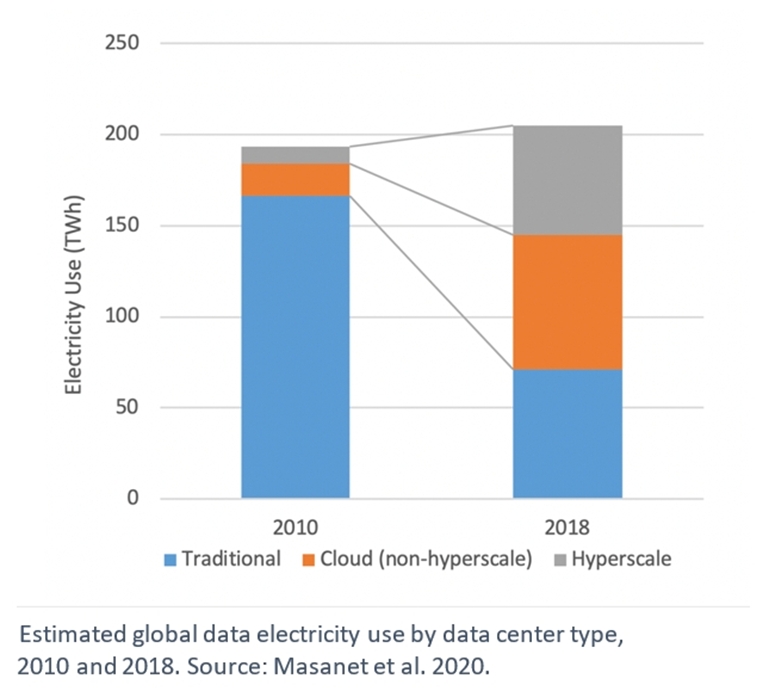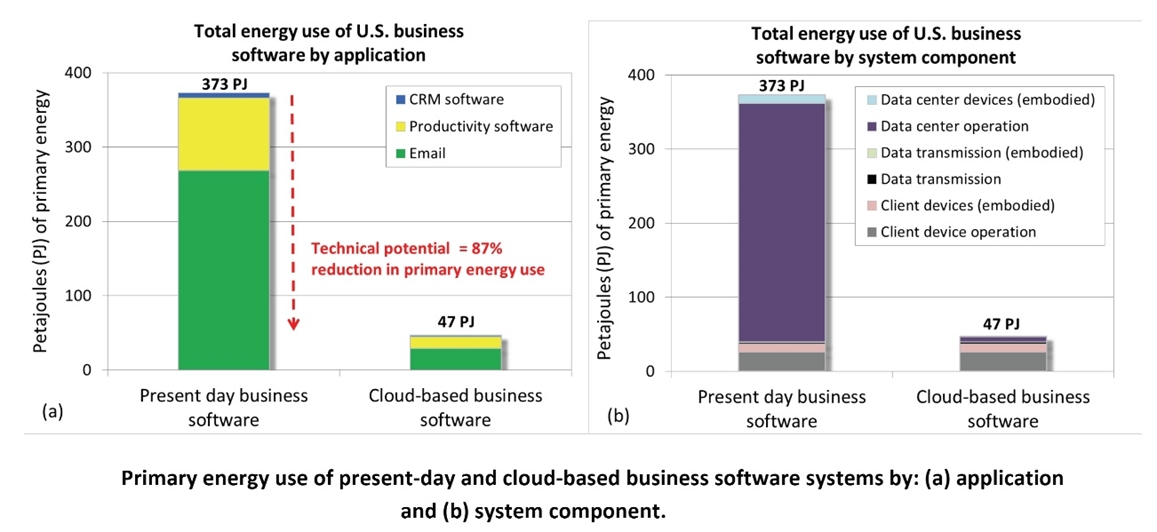Cloud Migration: Harnessing Technology for a Greener Future
In the quest to combat global warming businesses are increasingly turning to innovative solutions. One such solution is CLOUD MIGRATION which not only revolutionizes data management and business operations but also plays a significant role in environmental conservation.
The Environmental Impact of Traditional Data Centers
Traditional data centers, essential for storing and managing vast amounts of data, are known for their high energy consumption. They require significant power not only to run servers but also to cool these systems. According to a study by Nature Communications data centers accounted for around 1% of global electricity use in 2018. This consumption contributes to higher carbon emissions, a leading cause of global warming.

CLOUD MIGRATION: A Greener Alternative
Cloud migration involves moving data, applications and IT processes from on-premises data centers to cloud-based facilities. This shift is more than just a technological upgrade; it's a move towards more sustainable and eco-friendly practices. Cloud providers operate large, efficient data centers that utilize advanced energy-saving technologies. These technologies include efficient cooling systems, renewable energy sources and optimized server utilization, significantly reducing the carbon footprint.
Energy Efficiency and Renewable Energy
Cloud data centers are designed for energy efficiency. A report by AWS states that their infrastructure is 3.6 times more energy-efficient than the median of U.S. enterprise data centers. More importantly, many cloud providers are committed to using renewable energy sources. Google, for instance, has been carbon-neutral since 2007 and matches 100% of its electricity consumption with renewable energy.
Reducing Carbon Footprint
By migrating to the cloud businesses can reduce their carbon footprint. The shared resources model of cloud computing means fewer data centers are needed overall leading to a decrease in total energy consumption. A study by the Lawrence Berkeley National Laboratory found that moving commonly used software applications to the cloud could cut energy use by 87%.

Conclusion
CLOUD MIGRATION is more than a business efficiency strategy; it's a step towards a more sustainable future. By reducing energy consumption and embracing renewable energy cloud computing plays a crucial role in the fight against global warming. As businesses continue to adopt cloud services they contribute not only to their growth but also to a healthier planet.
#CloudMigration #SustainableTech #GreenComputing #EcoFriendlyIT #DigitalTransformation #RenewableEnergy #TechForGood #GlobalWarmingSolution

